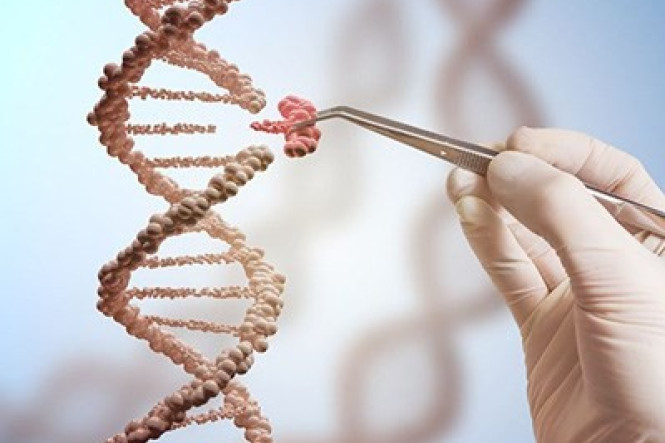Roadblocks to gene therapy
Correcting a genetic error in a patient's blood stem cells could mean lifelong cures for a number of rare genetic diseases. "Scientific research is currently being performed on several promising gene therapies, yet the majority ultimately do not reach the patient," according to Professor of Molecular Stem Cell Biology Frank Staal. This is down to various factors, such as social acceptance, affordability and the lack of interest from the pharmaceutical industry.
"This project aims to make this treatment more readily available to patients in a resistant manner," says Staal. To this end, the consortium will develop a platform infrastructure that can be used for many different diseases. "With such infrastructure, we will save time and remove some of the roadblocks on the way to the patient."
At the same time, CURE4LIFE is tackling the hurdles related to the regulation, reimbursement and public acceptance of these therapies in a knowledge centre for dialogue with society. "It is important to involve researchers from other disciplines in this," says Staal. The Law Faculty of Leiden University and the Ethics & Law Section, for example, are involved in mapping the ethical and legal aspects of gene therapy. "The goal is to formulate a best practice of how society can best deal with these therapies. For example, with guidelines for policy makers on reimbursement of these therapies."
The questions the consortium aims to answer are relevant not only to stem cell gene therapies, but to many other regenerative treatments. The CURE4LIFE consortium is therefore closely linked to reNEW, an international consortium that aims to bring stem cell-based therapies to the patient.
"Within CURE4LIFE we bring together the biomedical and social sciences. We do this in a very practical way by having researchers from the social sciences work in the laboratory for a few days, and vice versa." According to Staal, this connection is crucial to achieving biomedically anchored gene therapies that are accepted in society. "The goal is to bring gene therapy treatments for more diseases into the clinic in five years so we can offer lifelong cures to more patients," Staal concludes.
